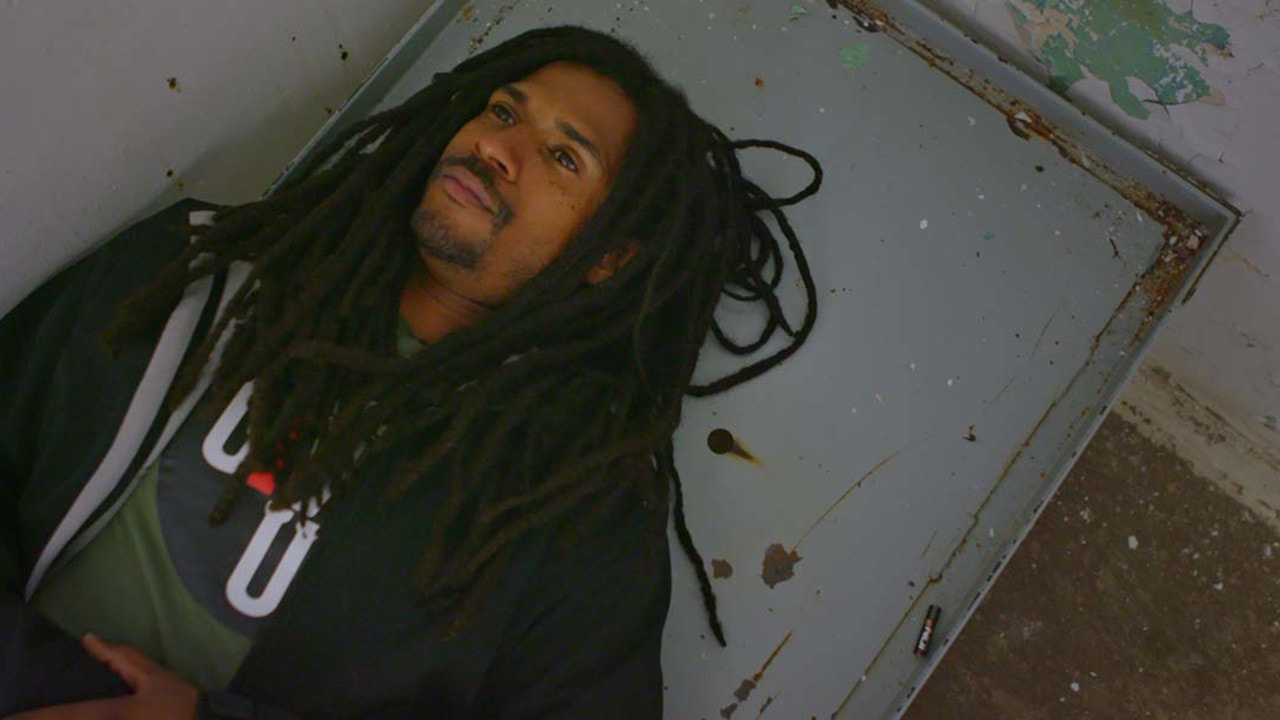|
Review by Sean Boelman
Some documentaries have a story that is undeniably powerful and angering, but are unable to present it in a way that is as engaging as it should be. Tommy Oliver’s 40 Years a Prisoner falls into that trap, containing a very important message told through storytelling that is too uneven to be fully impactful.
The film tells the story of the standoff between the Black liberation activist group MOVE and the Philadelphia Police Department, which resulted in the death of a police officer and the long-term incarceration of nine of the group’s members. It’s clear from the beginning that there’s a lot more to this story than either perspective can tell on their own, and this documentary attempts to provide as complete of a picture as possible. Unfortunately, Oliver isn’t only concerned with getting out the truth about these events that occurred in 1978 yet still feel eerily timely today. Instead, a majority of the movie is spent with the son of two of the arrested group members who has devoted most of his life to getting his parents out of jail and absolved of their accusations. Although his story is definitely compelling, there’s no denying that the story of the MOVE activists themselves is much more intriguing. There have been plenty of documentaries in the last decade about exonerating wrongfully-convicted inmates, and by focusing on this aspect of the story, Oliver’s film feels a lot less unique and original. It’s clear that the movie is meant to be a critique of the justice system, but Oliver goes about it the wrong way. Rather than targeting the portion of the system that put these people in prison, the film should be criticizing that portion which put them in that situation in the first place. The things that the police were doing that led to their arrest are completely unacceptable. Still, the movie has quite an emotional impact regardless of its narrative shortcomings. When combined with ongoing frustrations with the atrocities being committed today by the police, this film makes it infinitely clear that these are not isolated incidents. It’s a systemic problem in a broken system that urgently needs to be repaired. Oliver’s directing style is a lot more conventional than this story deserves. Although the blend of interviews, archive materials, and fly-on-the-wall footage following the subject as he goes about getting his parents released from prison gets the story told, the way in which it is paced is pretty ineffective. 40 Years a Prisoner tells an important and surprisingly timely story, but it could have done so in a way that was more riveting. Still, it’s worth watching if only to continue the discussion of how these issues have remained a constant over the years. 40 Years a Prisoner screened at the 2020 AFI FEST which ran October 15-22. Rating: 3/5
0 Comments
Leave a Reply. |
Archives
July 2024
Authors
All
|
|
|
disappointment media
Dedicated to unique and diverse perspectives on cinema! |

